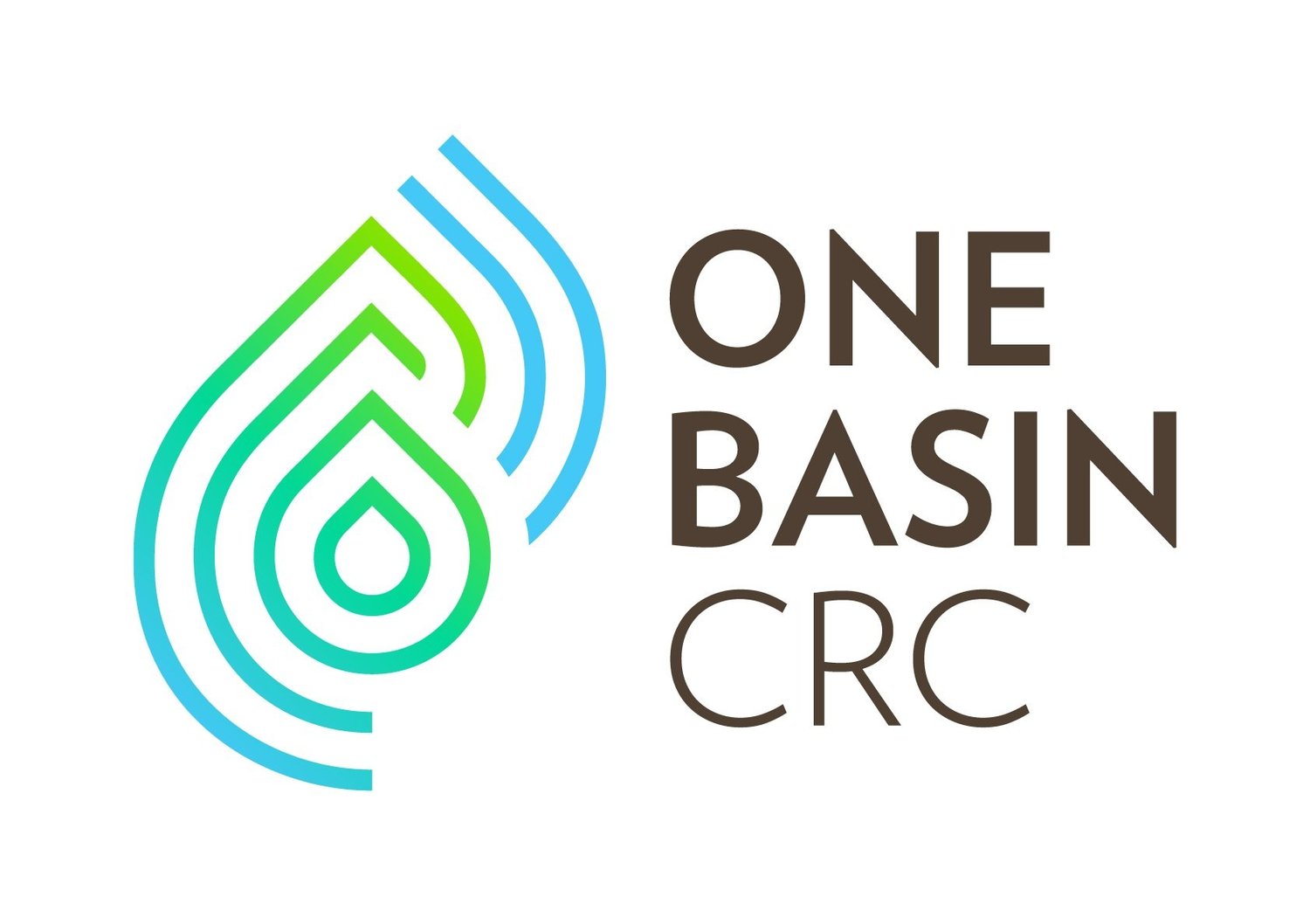Reflections on the establishment of the One Basin CRC
by Geoff Cockfield, inaugural program leader, Adaptation and Innovation
It has been a privilege to be part of the development of the One Basin CRC, from the moment at which the idea started to take shape, through two rounds of bids, to the approval of the first round of projects this year. On reflection, the final design of the One Basin CRC is one of the most ambitious and potentially important CRCs to be approved. Most CRCs were (or are) focussed on a particular problem or opportunity, with a comparatively narrow set of intended outcomes. We, on the other hand, are working together to increase all of the economic, social, cultural and human capitals in Australia’s food bowl. This breadth and ambition brings with it many challenges.
First, there is the relatively broad scope of the One Basin CRC, which involves many issues across a vast and diverse area and therefore requires a breadth of research expertise. Second, with that comes a lot of partners with diverse interests, which means that meaningful partner engagement is critical. Third, in addition to the usual expectation of CRCs of partner benefit, we have committed to public good outcomes, and to their credit, our partners have supported that. Fourth, the One Basin CRC is relatively exposed to current events, whether that be policy decisions, or major weather events. Such events can significantly and understandably affect the priorities of partners and commitments to planned activities and long-term goals.
All these factors may seem to be antithetical to the classical or perhaps stereotypical approach to research, with an intense and long-term focus on a highly specified problem and the exclusion of research ‘noise’. For One Basin CRC researchers, we must listen to and understand more of that noise. The industry engagement, especially through the application of co-design that is integral to the One Basin CRC, can provide us with greater insight into issues and contexts and generate ideas for further exploration. Even the policy and weather events have generated additional ideas, opportunities and collaborations. The One Basin CRC requires multi-disciplinary and cross-institutional research and flexibility in the development of the research program, and I have seen a strong commitment to all these things.
Perhaps though, the most unusual, yet innovative aspect of the One Basin CRC is the regional structure with designated hubs and a commitment to put researchers in those hubs. The hub managers, with their industry experience and commitment to regional development are a great resource that will ensure strong connection to industry and Basin communities. As someone who has spent a research career focussed on rural and regional issues, this is a welcome and ground-breaking approach and I hope it will inspire others to build on the One Basin CRC’s legacy.
We have a rare and important opportunity with a 10 year life for the One Basin CRC, great partners, an extensive research network, regional dynamism, an inspiring but challenging task and a strong organisational culture. I have high hopes based on what I have seen so far and I hope to see some of the major outcomes and the emergence of a new generation of Basin researchers.
